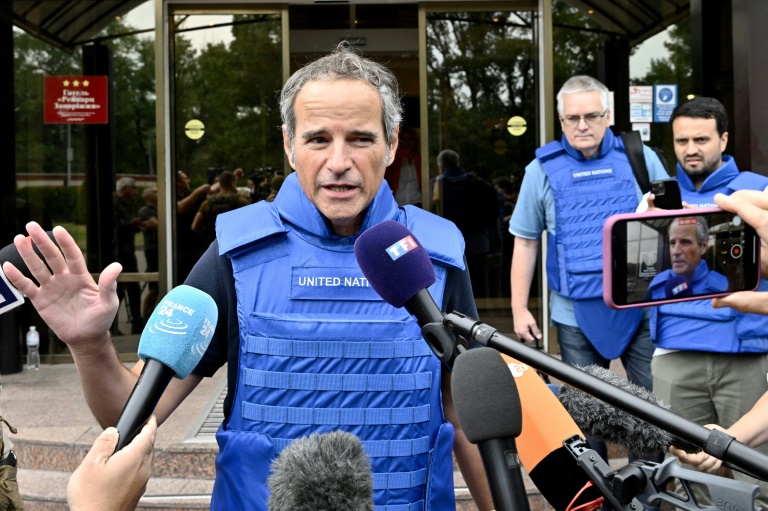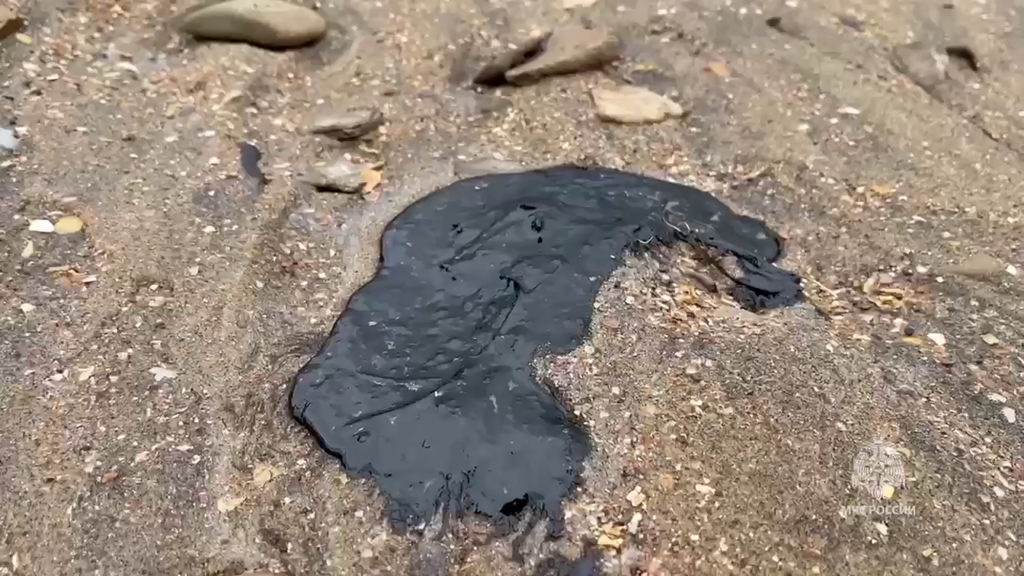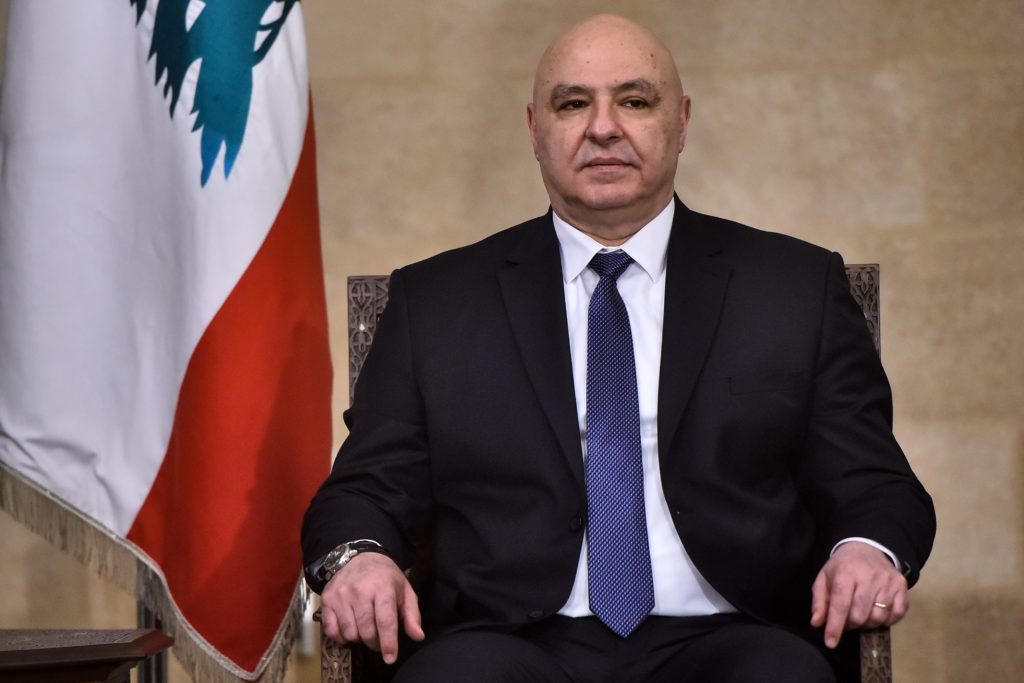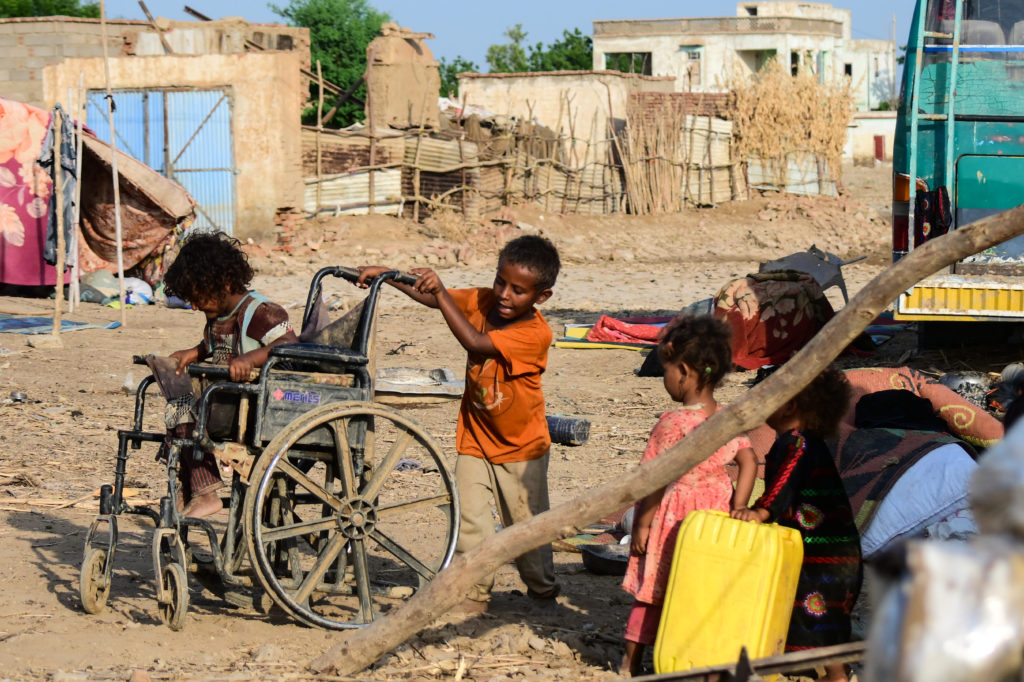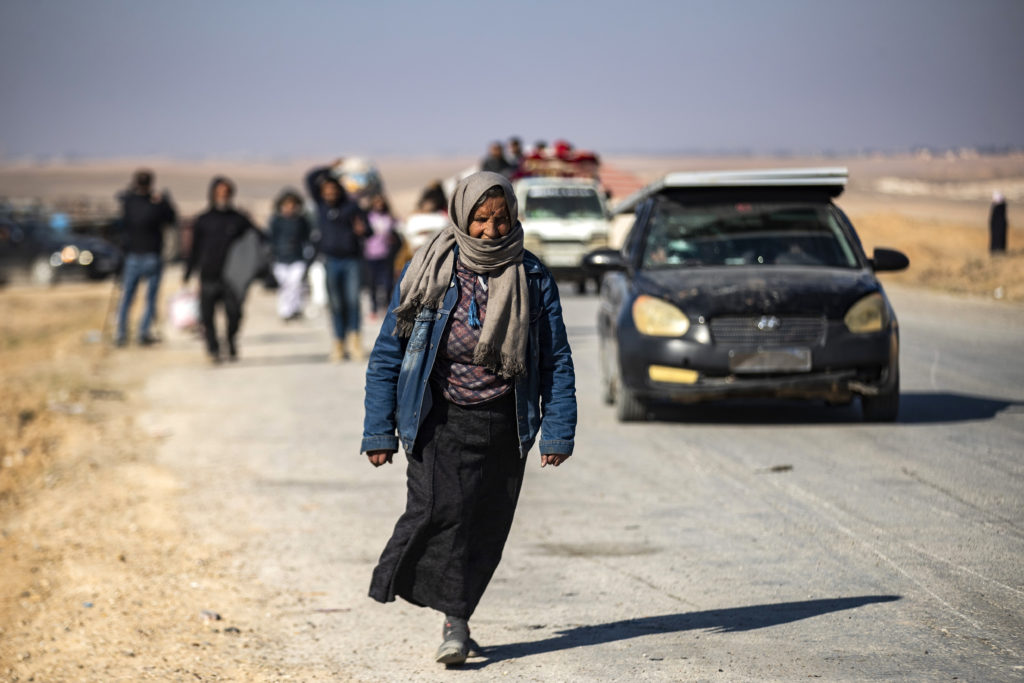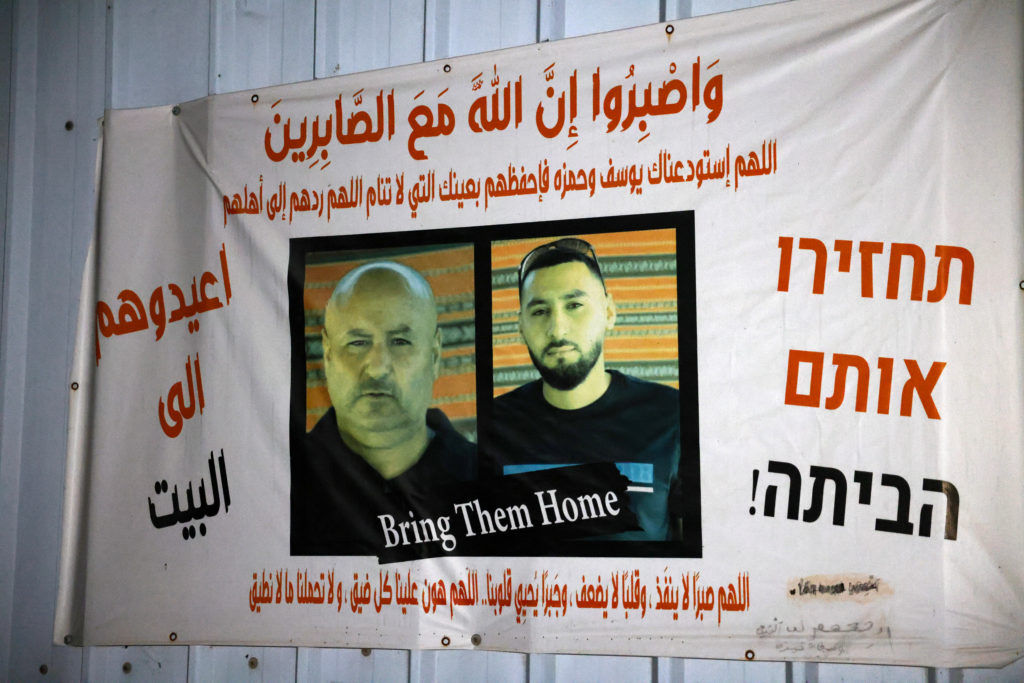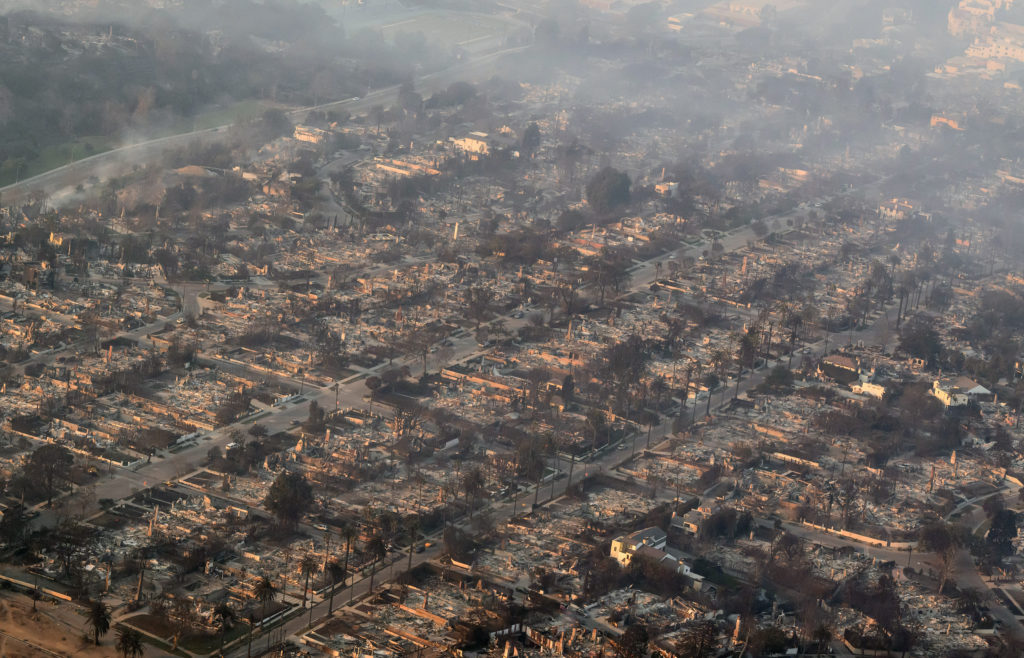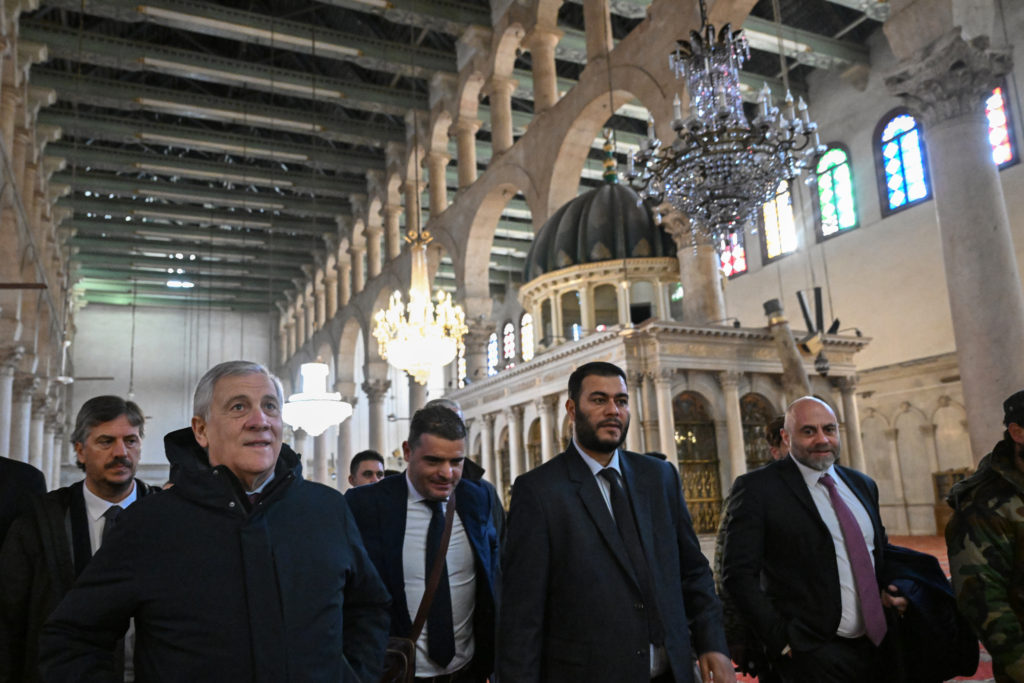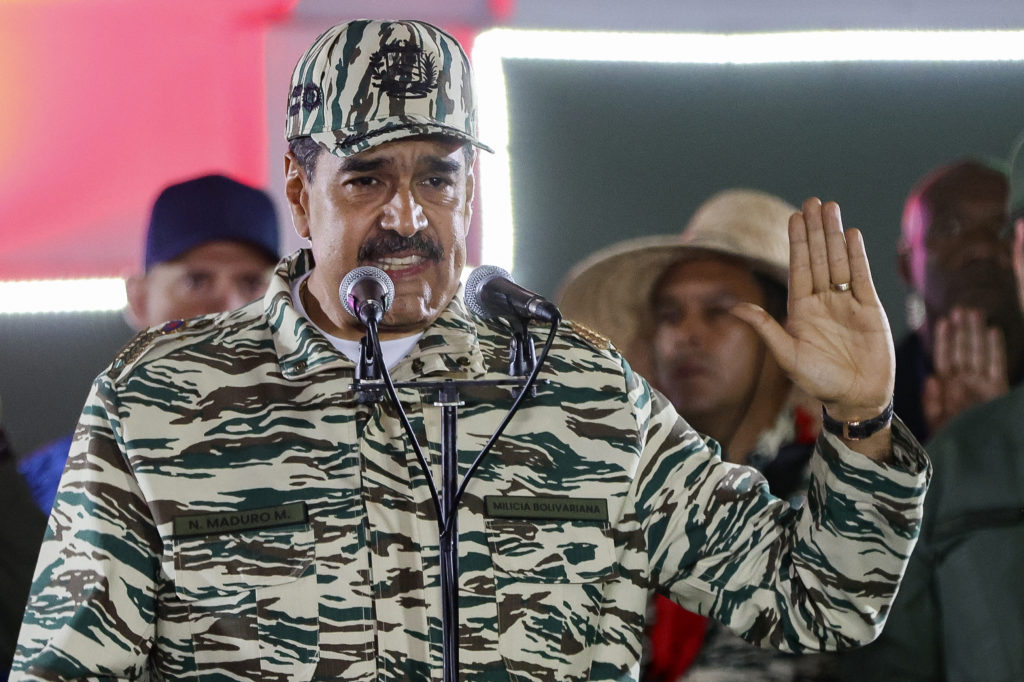IAEA chief Rafael Grossi said inspectors would retain a permanent presence at the plant
Ukraine said on Friday it had bombed a Russian base in the town of Energodar, near the Russian-occupied Zaporizhzhia nuclear plant which is being assessed by United Nations inspectors because of safety concerns.
“Targeted strikes by our troops in the localities of Energodar and Kherson have destroyed three artillery systems of the enemy as well as an ammunition depot,” the Ukrainian army said.
Dmytro Orlov, the pro-Kyiv mayor of Energodar in southern Ukraine, told AFP from his location in exile that he had no information but added that phone services in the town were badly disrupted.
A 14-strong team from the UN’s nuclear watchdog, the International Atomic Energy Agency (IAEA), is visiting Zaporizhzhia — Europe’s largest nuclear power plant — as global concern grows over its safety in a war raging ever-closer to its six reactors.
The Ukrainian army said the Russian forces had removed “all their equipment” from the site before the UN team arrived on Thursday.
Russian troops seized control of the site in early March. There have been repeated attacks in the vicinity but both Moscow and Kyiv have denied responsibility and blamed each other.
A shelling attack on the area at dawn on Thursday forced one of the plant’s six reactors to shut down.
Ukraine’s Energoatom nuclear agency said it was “the second time in 10 days” that Russian shelling had forced the closure of a reactor.
UN inspectors spent their second day at Zaporizhzhia on Friday. At least two members of the team will remain there on a permanent basis to ensure its safety.
IAEA head Rafael Grossi said on Thursday the site had been damaged by the fighting in Ukraine.
“It is obvious that the plant and physical integrity of the plant has been violated several times,” he said when he and part of his team returned from the Russian-held plant to Ukrainian-controlled territory after a first visit lasting around three hours.
The Argentine said some of his inspectors would stay at the plant “until Sunday or Monday” to “dig deeper” into some of the observations the team had made and said the watchdog would retain a permanent presence there.
“We have achieved something very important today, and the important thing is the IAEA is staying here,” he said.
Russia’s envoy to Vienna, Mikhail Ulyanov, said six IAEA inspectors had stayed behind and that two more would remain there “on a permanent basis”.
“Six (IAEA) employees will stay at the plant … for a few more days and then they will return to Vienna,” he told Russian news agency RIA Novosti.
“Two people will stay at the Zaporizhzhia nuclear power plant on a permanent basis.
“We welcome this because an international presence can dispel the many rumours about the state of affairs at the nuclear power plant.”
The Kremlin described the inspectors’ arrival at the plant as “very positive”.
“In general, we are very positive about the fact that, despite all the difficulties and problems … the commission arrived and started to work,” spokesman Dmitry Peskov told reporters.
– ‘Stop playing with fire’ –
A shelling attack at dawn on Thursday forced one of the plant’s six reactors to shut down and damaged a back-up power supply.
Energoatom said the plant’s emergency protection system kicked in, shutting reactor five. That left only one of the six reactors working.
Red Cross director general Robert Mardini on Thursday warned the consequences of hitting the plant could be “catastrophic”, saying “the slightest miscalculation could trigger devastation that we will regret for decades”.
“It is high time to stop playing with fire and instead take concrete measures to protect this facility … from any military operations,” he told reporters in Kyiv.
Both sides have traded repeated accusations over who was responsible for shelling the area around Energodar.
Ukraine has accused Russia of storing ammunition at Zaporizhzhia and deploying hundreds of soldiers there.
It also suspects Moscow intending to divert power from the plant to the nearby Crimean Peninsula, annexed by Russia in 2014.
Meanwhile, Ukrainian troops pressed ahead with a counter-offensive in the nearby region of Kherson to retake areas seized by Russia at the start of the invasion.
In its morning update, the president’s office said explosions had been heard across Kherson throughout the night and that “heavy fighting” was taking place in two areas just up river from Kherson city, the regional capital.
In the eastern Donetsk region, four people were killed and 10 wounded in various shelling incidents, while another died in the north east when a village was hit near Kharkhiv, Ukraine’s second city.
Despite the conflict, now in its seventh month, children started a new school year on September 1, although in several regions that meant lessons online due to the ongoing fighting.
“I’m happy to be back at school but I would be even happier if there was no war because I miss my teacher and my friends,” nine-year-old Antonina Sidorenko, told AFP, with the distant crackle of gunfire in the background.

